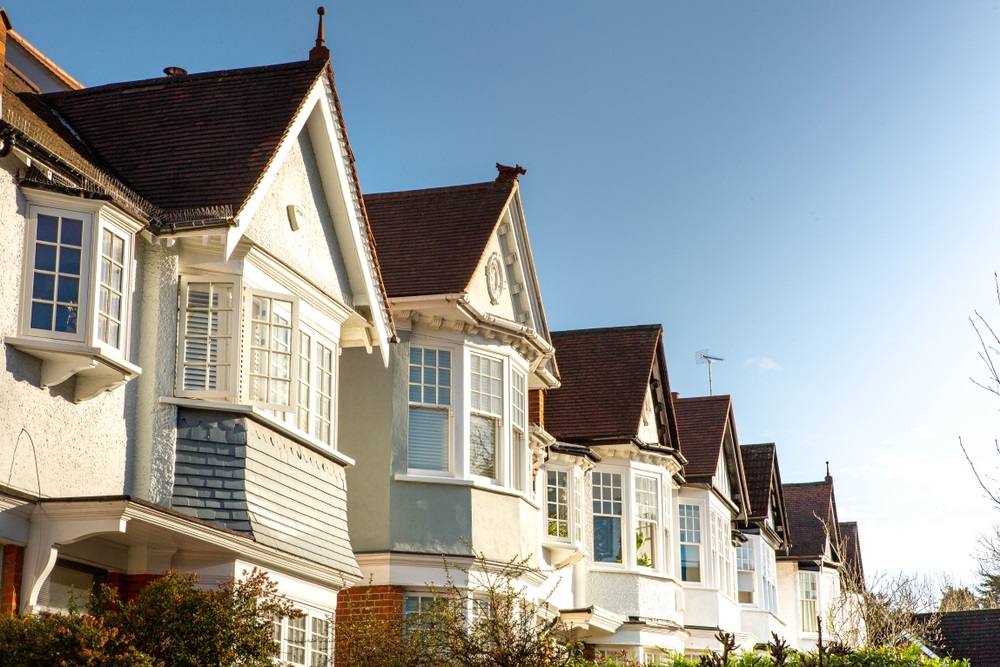 A typical property in the UK is now not far off the £300k mark, with the Halifax House Price Index today revealing it had reached a record £294,260.
A typical property in the UK is now not far off the £300k mark, with the Halifax House Price Index today revealing it had reached a record £294,260.
The 0.4% rise in August compares to a drop of 0.1% in July but with the cost-of-living crisis in the forefront of everyone’s minds, experts are not sure this latest growth will continue.
Indeed, Kim Kinnaird, director of Halifax Mortgages, said it was ‘relatively modest compared to the rapid inflation we’ve witnessed in recent times’.
Halifax’s data showed, over the last year, the rate of monthly house price inflation had averaged around +0.9%.
She added: “While house prices have so far proved to be resilient in the face of growing economic uncertainty, industry surveys point towards cooling expectations across the majority of UK regions, as buyer demand eases, and other forward-looking indicators also imply a likely slowdown in market activity.
“Firstly there is the considerable hit to people’s incomes from the cost-of-living squeeze. The 80% rise in the energy price cap for October will put more pressure on household finances, as will the further increases expected for January and April.
“At the levels being predicted, this is likely to constrain the amounts that prospective homebuyers can afford to borrow, on top of the adverse impact of higher energy prices on the wider economy.”
‘Cracks may be starting to appear’
Whilst these price rises are good news for those who already own a property, for first-time buyers the inflation is less positive.
It comes as households face rising energy prices, other cost-of-living increases and interest rate hikes.
Karen Noye, mortgage expert at Quilter, said: “As the country sees new prime minister Liz Truss inhabit prime real estate in central London, first-time buyers now grapple with an average house price that is just shy of £300,000.”
She added: “The housing market has shown resilience in the face of one of the worst cost of living crisis many will have ever experienced. However, with inflation still soaring and the Bank of England likely planning further base rate hikes cracks may already be starting to appear.
“On top of this, soaring energy prices will naturally make buyers more cautious, which could lead to inertia and the adoption of a wait and see approach.”
She added: “Whether this translates into a meaningful drop in house prices is yet to be seen but first-time buyers are likely to still be priced out of a market which has got further and further out of reach since the pandemic started.
“Although the plight of first-time buyers will not be lost on incoming PM Truss, she may feel that she has bigger fish to fry in the short term and kick any meaningful reforms to the housing market down the road and concentrate on the pressing energy crisis.”




